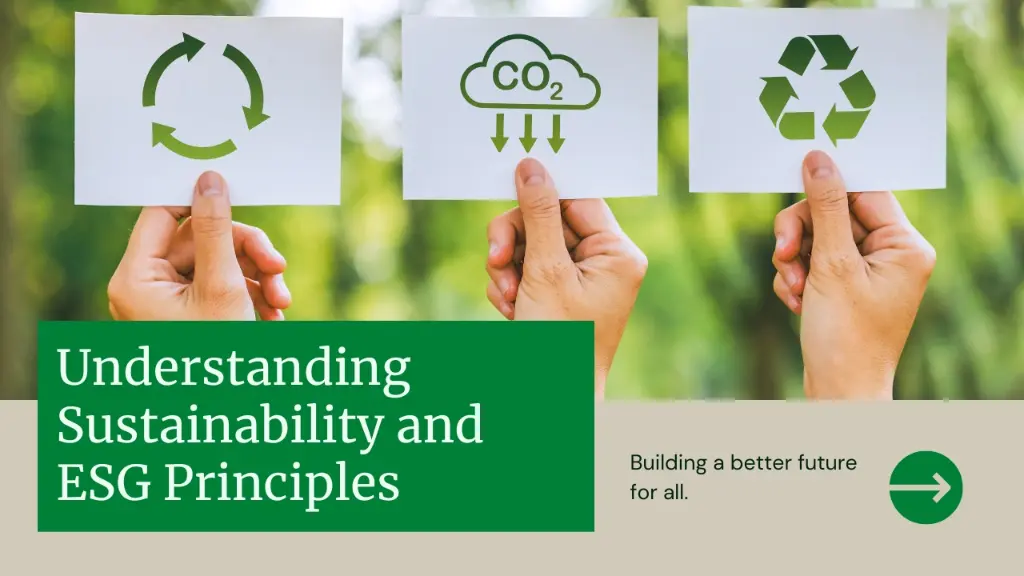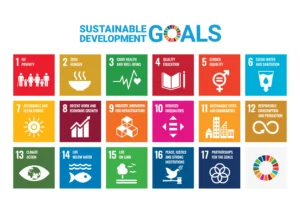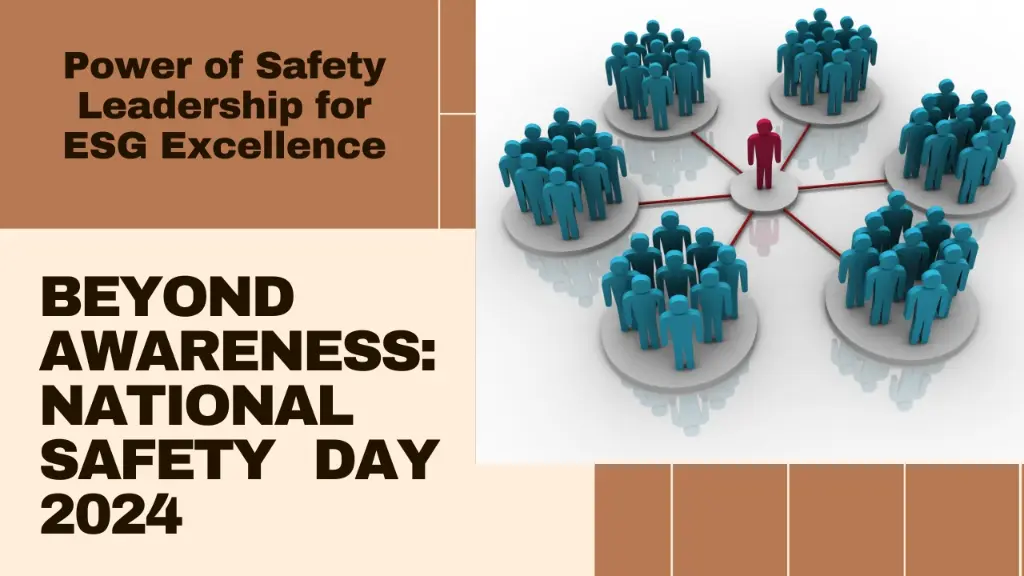Welcome to HSEC Awareness’s comprehensive guide on Sustainability and ESG (Environmental, Social, and Governance). This page is your gateway to understanding the core principles and practices that drive sustainable development and responsible business conduct in today’s world.
We aim to simplify these complex topics with real-world examples and practical insights, making them accessible and actionable for everyone.
Table of Contents
Toggle1. What is Sustainability and ESG?
Sustainability is about meeting the needs of the present without compromising the ability of future generations to meet their own needs. It involves a balanced approach to economic growth, environmental protection, and social well-being. But why is it so crucial?
Think about it this way: Imagine you’re living on an island with limited resources. If you use up all the resources without planning for the future, you’ll soon run out and face a crisis. That’s exactly what’s happening on our planet. We need to manage our resources wisely to ensure a healthy, prosperous future for everyone.
2. What is ESG and Why it Matters?
ESG stands for Environmental, Social and Governance. These three pillars are critical in evaluating the sustainability and ethical impact of a company or organization. Let’s break them down:
2.1 Environmental:
This covers how a company interacts with the environment. It includes topics like climate change, renewable energy, and carbon footprinting.
2.2 Social:
This addresses a company’s relationships with its employees, suppliers, customers and communities. It encompasses issues like labor practices, community engagement, and human rights.
2.3 Governance:
This involves a company’s internal systems and processes for decision-making, compliance, and accountability. It includes corporate ethics, board diversity, and executive pay.
When companies prioritize ESG, they’re not just ticking boxes—they’re building a sustainable future. They reduce risks, enhance their reputation and often see better financial performance. It’s a win-win!
3. What to Expect from This Webpage?
This webpage is your starting point for a series of in-depth blog posts on each of these topics. We’ll dive deeper into each subject, providing practical tips and actionable insights.
By following our series, you’ll gain a comprehensive understanding of sustainability and ESG and learn how to implement these principles in your own life or business.
We’ll be diving deep into topics like:
These are the United Nations’ 17 goals for a better world by 2030. We’ll explore how your work can help achieve them.
3.2 Climate Change:
Climate change is one of the most pressing issues of our time. It’s caused by the buildup of greenhouse gases (GHGs) like carbon dioxide in the atmosphere, leading to global warming and extreme weather events.
We’ll look at the basics of climate change, its impacts, and what we can do to mitigate it.
3.3 Renewable Energy:
Renewable energy sources, such as solar, wind and hydroelectric power, are key to a sustainable future. We’ll discuss the benefits of renewable energy sources like solar and wind power, and how they can create a cleaner, safer future.
3.4 Corporate Social Responsibility (CSR):
CSR is a business model that helps companies be socially accountable—to themselves, their stakeholders and the public.
We’ll explore how companies are taking responsibility for their social and environmental impact, and how you can help them do better.
3.5 Carbon Footprinting:
A carbon footprint measures the total greenhouse gases emitted by an individual, organization, event, or product. We will explore how to calculate our carbon footprint and find ways to reduce it.
3.6 Green Building Standards:
Green building standards, such as LEED (Leadership in Energy and Environmental Design), promote sustainable construction practices. These standards focus on energy efficiency, water conservation, and creating healthy environments for occupants.
3.7 Water Management:
Water is a precious resource, and effective management is crucial for sustainability. We will cover strategies for conserving this precious resource.
3.8 Biodiversity and Ecosystem Services:
Biodiversity and healthy ecosystems provide essential services, such as clean air and water, pollination of crops, and climate regulation. We will learn about the importance of protecting our natural world.
3.9 Waste Management and Recycling:
Proper waste management and recycling are critical for reducing the environmental impact of waste. You can find out through our series of blogs about how to reduce waste and recycle more effectively.
And much more!
4. The Importance of Safety:
Safety is a cornerstone of sustainability and ESG. A safe working environment ensures the well-being of employees, reduces the risk of accidents, and promotes a culture of care and responsibility.
At HSEC Awareness, we believe that a commitment to safety is a commitment to sustainability.
Thank you for visiting HSEC Awareness. If you found this information helpful, please share it with your network and subscribe to our blog for regular updates on sustainability and ESG topics. Together, we can make a difference!
5. Connect with Us:
Stay connected with us through our social media channels and never miss an update. Follow us on Facebook, Twitter, and LinkedIn for the latest safety tips and news.
Please visit the other relevant pages or Home Page to read the published blogs on this website.



